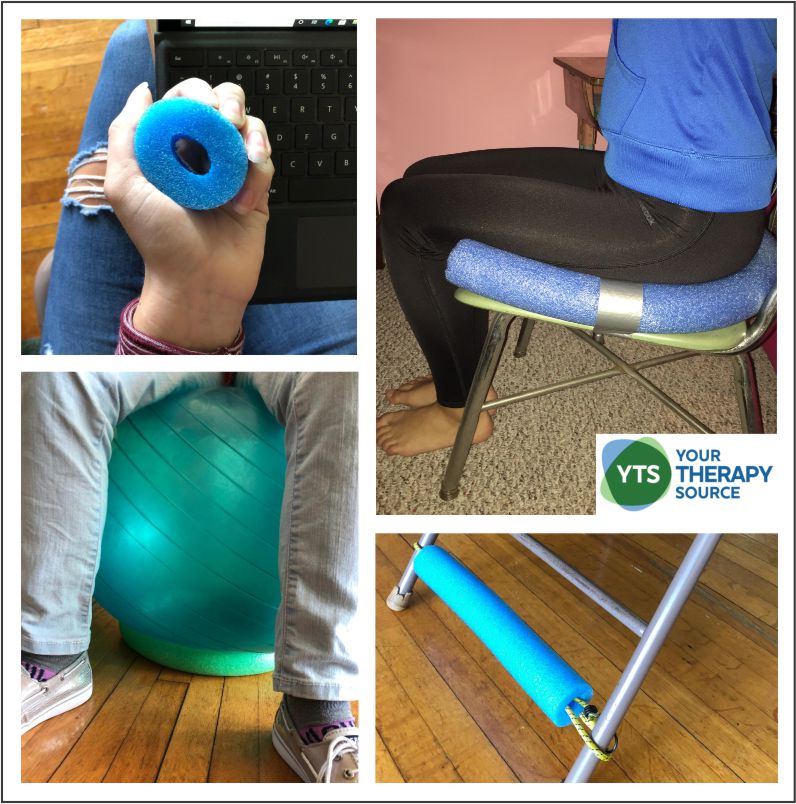ADHD and Sensory Processing
Attention Deficit Hyperactivity Disorder (ADHD) and sensory processing intricacies offer a rich area of study that sheds light on the daily experiences of individuals with ADHD. Through understanding the relationship between ADHD and atypical sensory processing, we can better tailor support strategies that enhance daily functioning and overall quality of life for those affected. Learn […]










